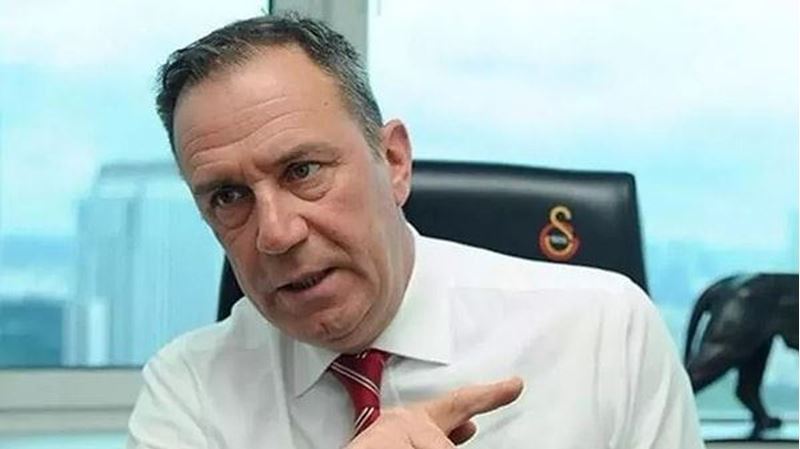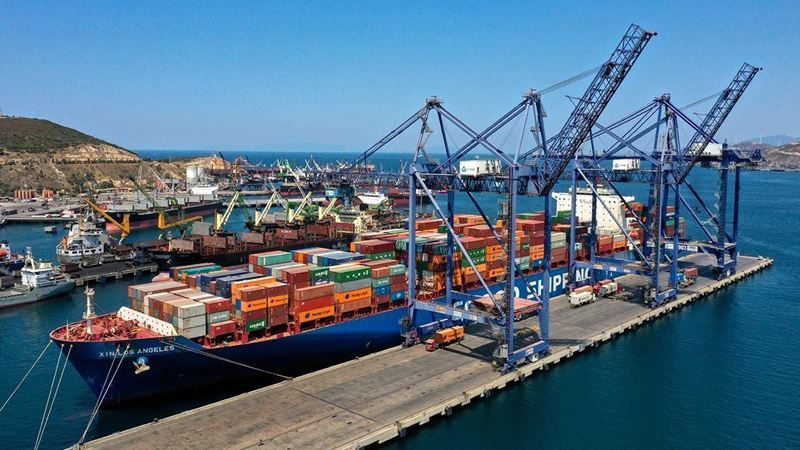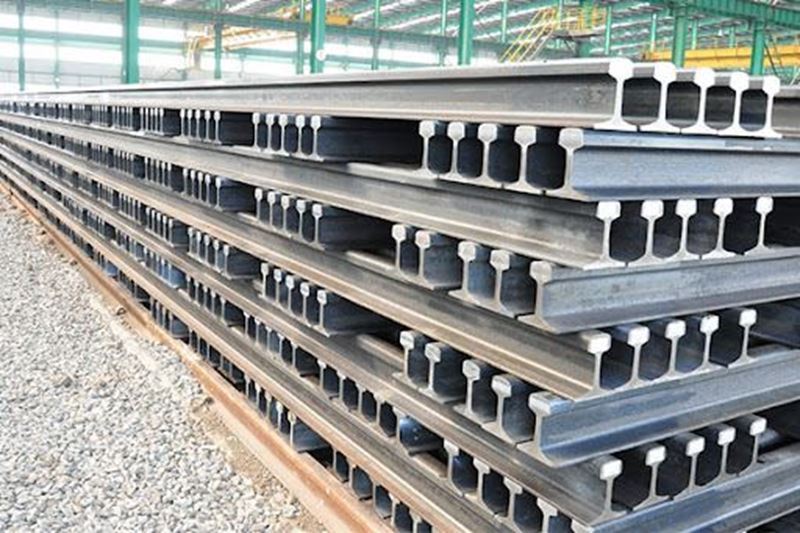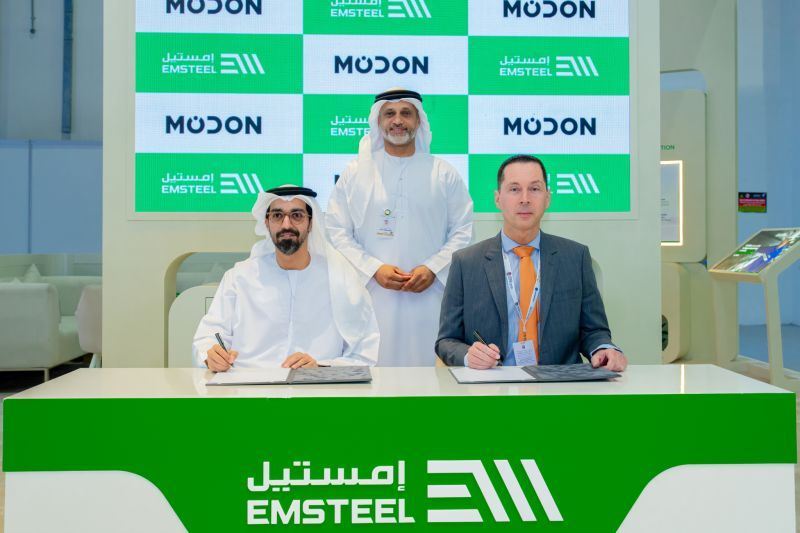Öztürk emphasized that Türkiye urgently needs to develop a national steel strategy at a time when global trade balances are changing rapidly.
Stating that the steel tariffs imposed by the US are not a coincidence, Öztürk noted that the 232 tariffs, which came into effect especially under Donald Trump, are part of a long-term plan by Washington to become fully self-sufficient in steel. Emphasizing that the rules of world trade have changed overnight, Öztürk added that this trend has been strengthened in different countries and that the “self-sufficient country” model has become the mainstream of global trade.
Reminding that Türkiye has to compete with expensive financing, energy and raw material costs, Öztürk noted that two-thirds of scrap is imported and labor costs are no longer cheap. Stating that Chinese steel products are “invading” the Turkish market with their aggressive pricing policies, Öztürk expressed his belief that Chinese steel mills are not making classical cost calculations.
Stating that steel production in Europe will not be sustainable in the long term due to energy constraints and carbon pressure, Öztürk emphasized that natural gas-rich countries such as Saudi Arabia, Egypt and the United Arab Emirates will become regional competitors with their carbon advantage, and that Türkiye should make acquisitions and joint investments to take an early position in these markets.
Öztürk reminded that steel is the basic input of strategic sectors such as automotive, machinery, white goods, construction, pipes and shipbuilding, and warned that crises in steel will affect these sectors in a chain. Stating that macro measures should be taken for years, Öztürk noted that sector organizations cannot produce solutions on their own.
Stating that customs walls gave the sector a respite in the short term, but that this was not sustainable, Öztürk noted that a holistic transformation plan that includes production structure, energy contracts, raw material supply chain and financing tools that will increase competitiveness in the medium term is mandatory. Otherwise, he noted, imports of semi-finished products will continue to increase rapidly.
Öztürk stated that there has been no public-level work to make Türkiye self-sufficient in steel, and emphasized that the state should prepare an urgent road map with short, medium and long-term targets. Stating that Türkiye's geographical location, industrial know-how and market size offer significant advantages, Öztürk added that a national steel strategy should be established in order not to lose these advantages.










Comments
No comment yet.